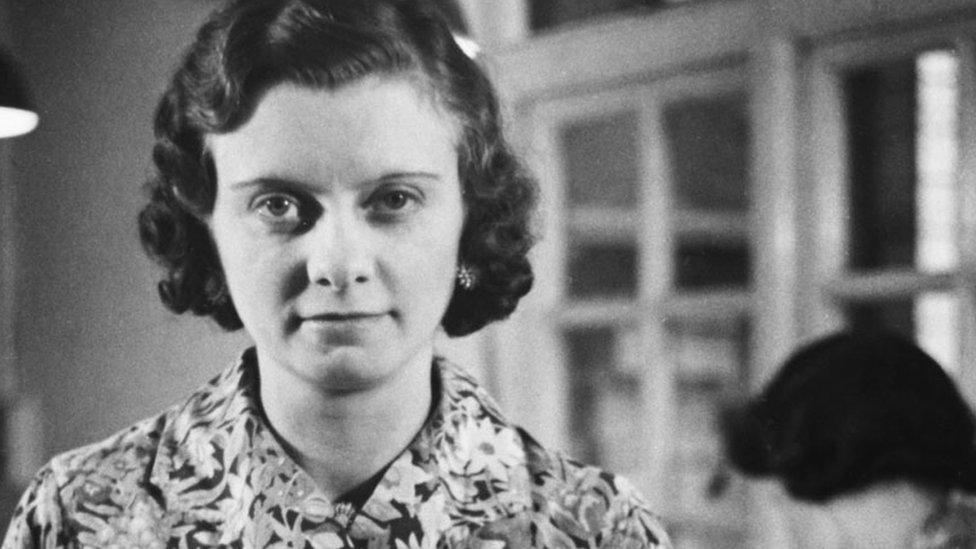Jersey married women were banned from teaching
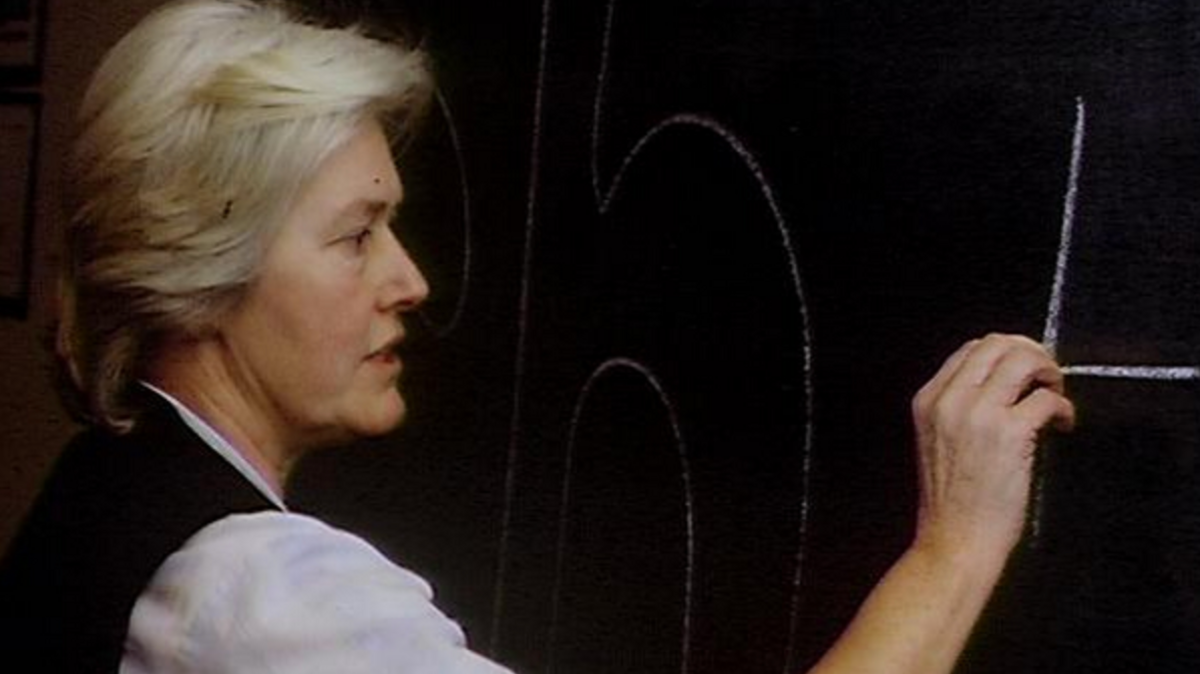
Archivists say the revelation is "incredible" to people now
- Published
Newly opened archive records have revealed how married women were forced out of their jobs in Jersey.
The records show that married women were disqualified from teaching in primary schools in 1923, unless there were exceptional circumstances.
This practice, known as the Marriage bar - a way of tying women to the home after marriage - was common in teaching and the civil service in the UK at the time.
Archivists said the revelation, under freedom of information laws, was "incredible" to people now.
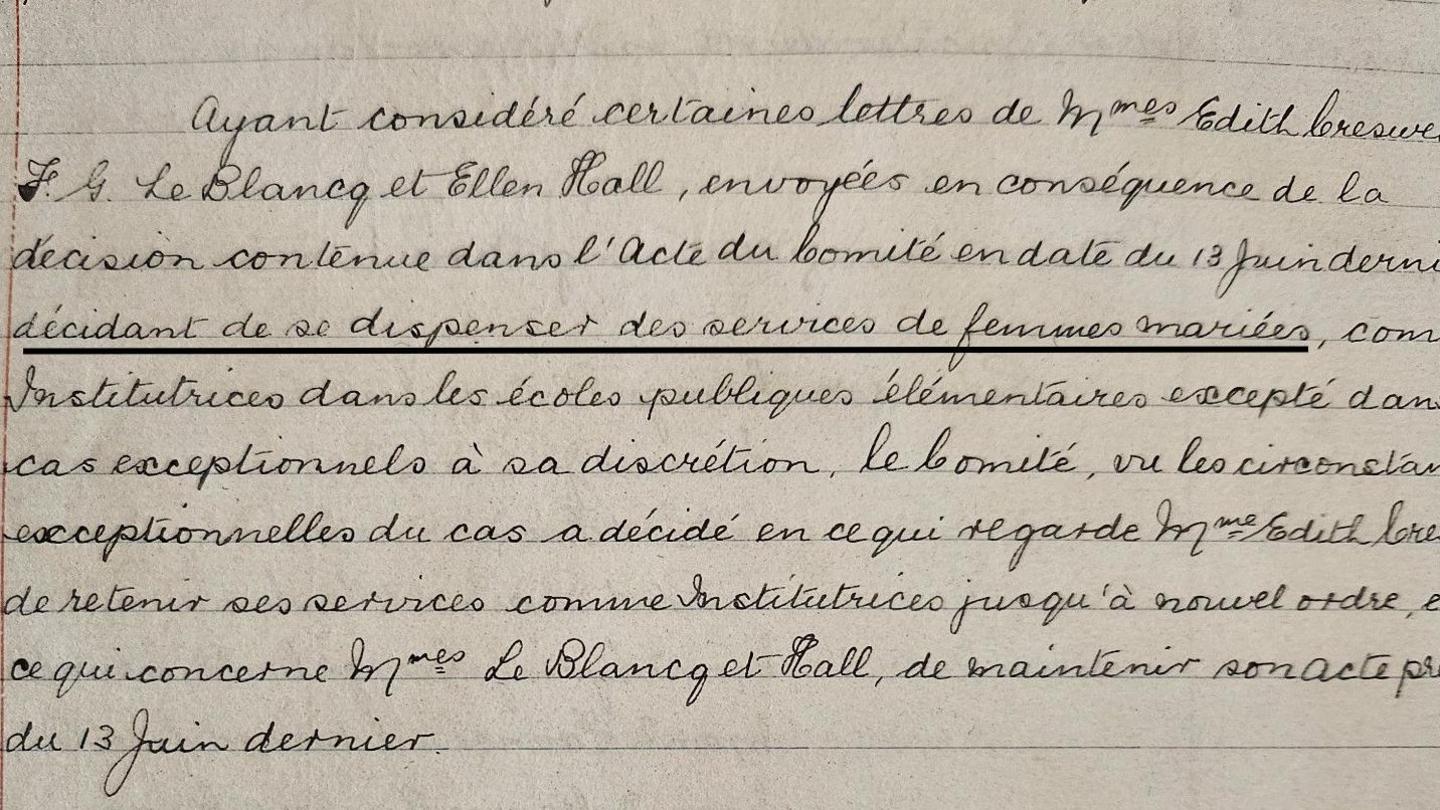
The services of married teachers F G Le Blancq and Ellen Hall are dispensed with
The records show that Jersey's Primary Instruction Committe received letters from Edith Creswell, F G Le Blancq and Ellen Hall, who were all married female teachers due to lose their jobs.
The committee decided that in Mrs Creswell’s case there were exceptional circumstances and that she could keep her job, but Mrs Le Blancq and Mrs Hall were not so lucky and their services were dispensed with.
"It is always fascinating to see the changes in attitudes that these records show," said Linda Romeril, director of archives at Jersey Heritage, which unearthed the accounts from the past.
"For example, it is incredible to us in 2024 that married women were disqualified from teaching in Jersey in 1923 purely on account of their marital status."
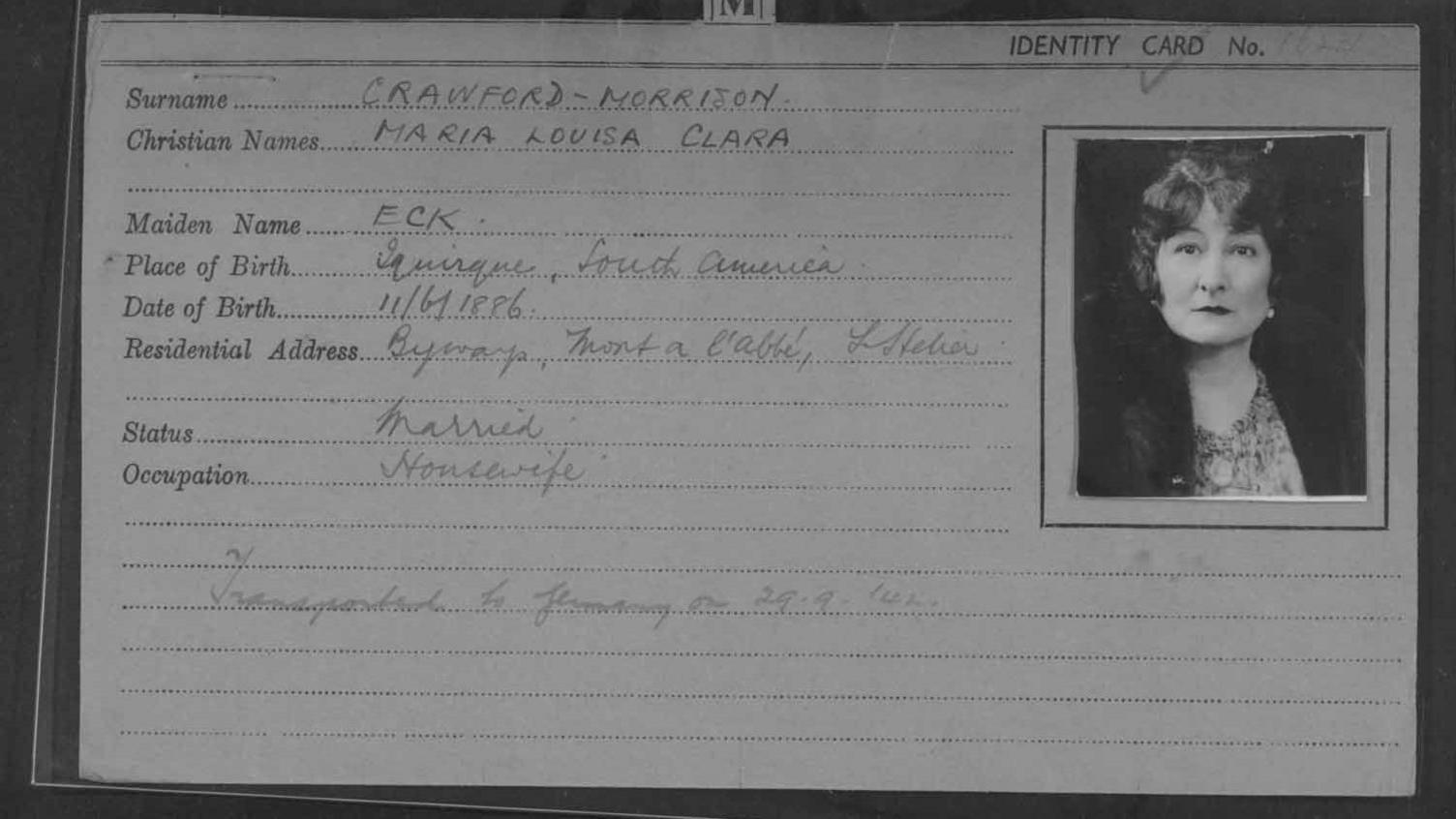
Maria Louisa Clara Crawford-Morrison was imprisoned for insulting German occupiers
The German Occupation during World War Two is also covered by the records, which include a prison register of those who were sentenced by the German courts.
They include housewife Maria Louisa Clara Crawford-Morrison, who was imprisoned by the German authorities for insulting the occupiers.
She was sentenced to 14 days imprisonment on 20 September 1940 and deported from Jersey to Germany in September 1942.
The register also includes Canon Clifford John Cohu, who was sentenced to 18 months in prison for his involvement in disseminating news listened to on wireless sets that had been banned by the German authorities.
He was sent to France on 13 July 1943 and died in Zöshcen forced labour camp., external
The register also includes the names of Joe Tierney, Arthur Dimmery and John Whitley Nicolle, all of whom worked with the canon to spread news from the BBC.
All of them died on the continent in German prison camps.
Follow BBC Jersey on X (formerly Twitter), external and Facebook, external. Send your story ideas to channel.islands@bbc.co.uk, external.
Related topics
Related internet links
- Published5 January 2023
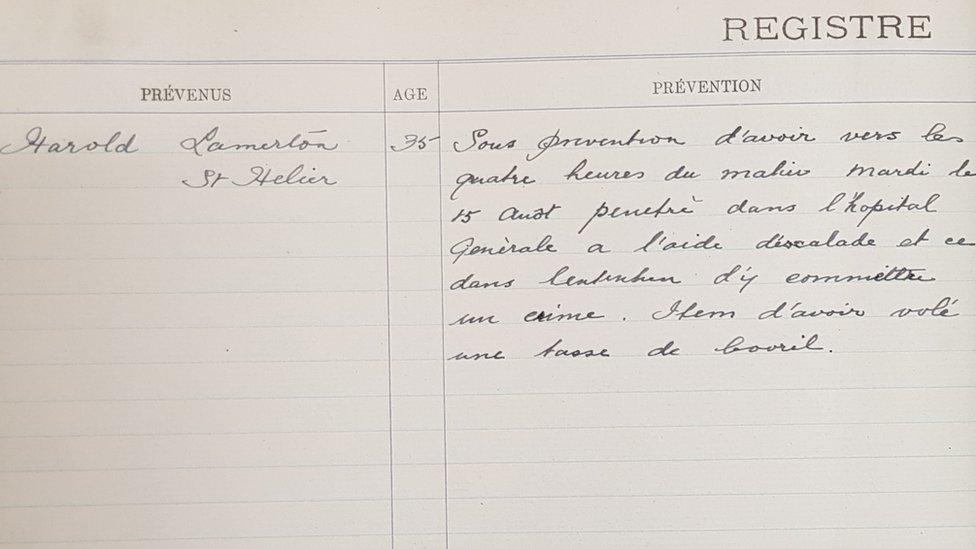
- Published8 January 2020
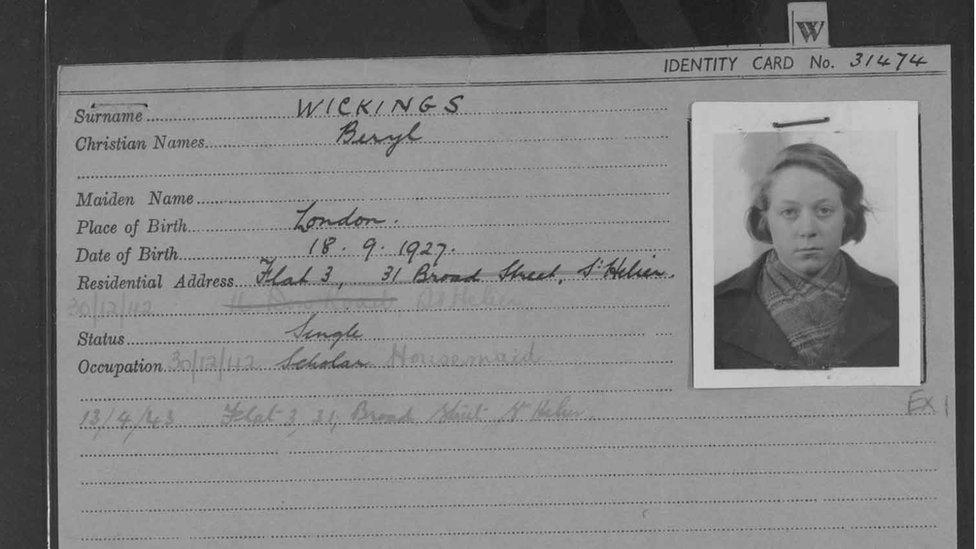
- Published2 May 2016
